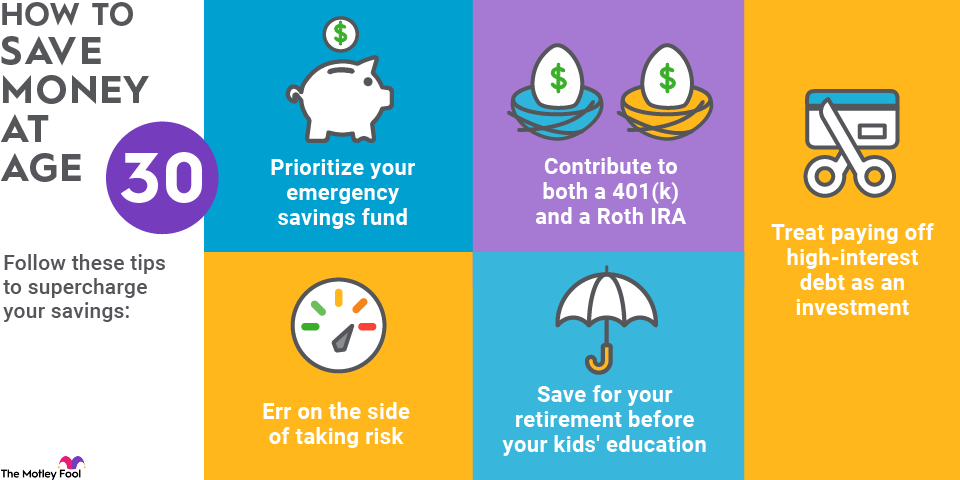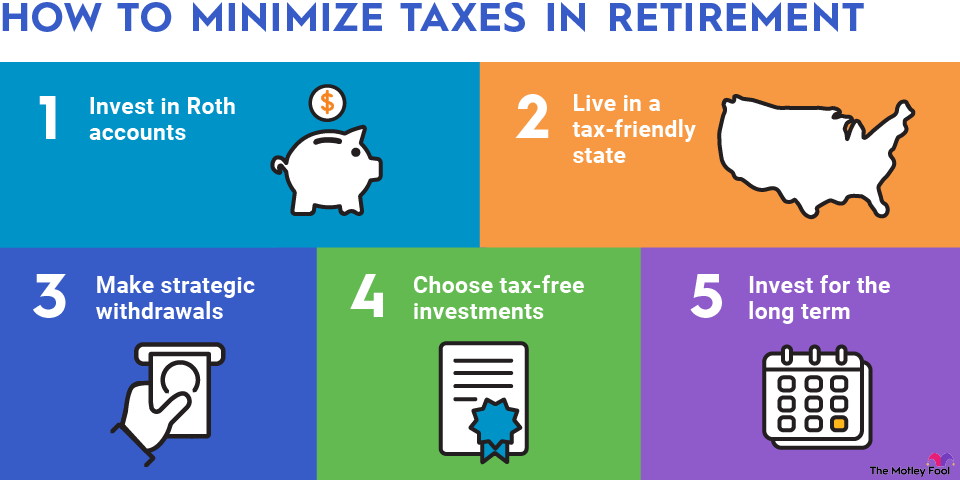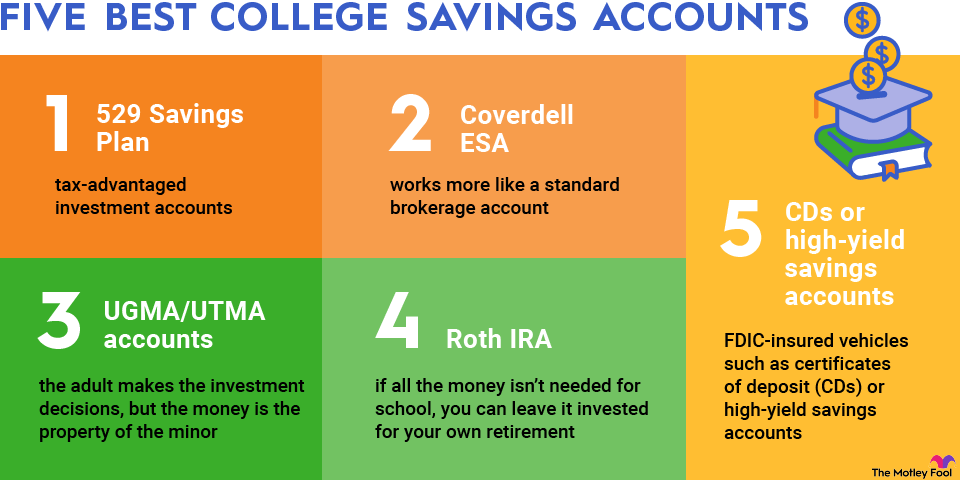For many Americans, retiring abroad is a dream. You might envision relaxing on a beautiful beach, strolling through the streets of Europe, or embarking on a new adventure somewhere where your dollar goes much further. Retiring abroad can offer numerous benefits, including a lower cost of living, the ability to travel, and the opportunity to immerse yourself in a new culture.

If you're considering retiring abroad or looking for more information, keep reading to learn more about the reasons to retire abroad, which destination to choose, and how to handle important details like getting a visa, establishing residency, and handling healthcare.
Why retire abroad?
There are several advantages to retiring outside the U.S. For many, it comes down to a combination of the financial benefits and the thrill of starting a new adventure living in a different place.
One of the most direct benefits of living abroad is having new cultural experiences. This might include learning a new language, meeting people who are different from those you've lived around for most of your life, exploring a new part of the world, and enjoying a different cuisine, climate, and scenery. You can also visit new areas near where you choose to retire.
Financially, some of the benefits include a lower cost of living, particularly in destinations such as Central America and Asia. Depending on your needs, you're also likely to find more affordable healthcare since private coverage tends to be cheaper abroad (although Medicare will not cover you overseas).
Additionally, some countries will give you direct incentives to retire in their countries, including discounts on common bills and incentives to buy property. You could also live in a tropical paradise or another region that matches your ideal climate.
Choosing your retirement spot
Not all foreign countries are the same, of course. You'll want to spend some time thinking about what you want from your retirement and what will best suit your needs.
Among the factors worth considering are the cost of living, weather, safety, distance from loved ones, access to healthcare, and the local culture. You might want to start by considering some of the top expat destinations and best countries to retire in for a U.S. citizen.
Panama, for instance, is a popular retirement destination for several reasons. It's relatively close to the United States; the U.S. dollar is widely accepted and set at parity with the Panamanian balboa. The country boasts a tropical coastline and mountains, offering a diverse range of climates, and approximately 20,000 to 30,000 U.S. expats are already residing there.
Additionally, Panama offers the Panama Retirement visa, a permanent residency permit that provides import tax exemptions and discounts on various items, including utility bills, airline tickets, transportation, and healthcare services, among other benefits. Retirees can also enjoy retirement essentially free of taxes (such as federal income taxes) since the country does not tax foreign income.
Federal Income Tax
If a European locale is more what you've been thinking of for retirement, you may want to consider Portugal. It's one of the most affordable countries in Western Europe, has a mild Mediterranean climate, and offers a Golden Visa for foreigners who invest at least € 500,000 in categories such as research funding or venture capital, or at least € 250,000 to support cultural heritage.
There's also a D7 Passive Income Visa. This visa allows retirees to apply for residency if they demonstrate that they have passive income, which could include dividends from their 401(k).
Whatever destination you're considering, make sure you understand the cost of living, access to healthcare, local customs and culture, and any benefits you can get as a retiree. It's a good idea to try living in the country for at least a month or two before committing to retiring there.
Ironing out the details of retiring abroad
There's a lot of information you'll need to know about retiring in the country you choose. First, you'll want to know whether you must establish residency to live there. The State Department's website is a good starting place for information on visa and residency requirements, and you'll also want to check local information from that country.
Every country has different residency requirements, and it's worth choosing one that welcomes retirees. You may be required to prove your income or a certain level of net worth to obtain a visa or meet residency requirements.
Researching incentives will also help you narrow down your list of possible destinations. Among countries that offer incentives for immigrating retirees are Costa Rica, Panama, Italy, and Greece.
Understand your destination country's healthcare system and the health benefits or insurance you can get. Some countries may have public healthcare systems you can join as a resident. In others, you may be more on your own. You'll also want to research taxes since some countries, like Panama, don't tax foreign retiree incomes, essentially allowing you to live tax-free.
Whatever country you choose, make sure to do your due diligence. Residency requirements and access to healthcare will likely influence your decision about where to retire.
Related investing topics
Enjoying your retirement overseas
Retiring abroad isn't right for everyone, but if you've got a sense of adventure and the patience to overcome the bureaucratic obstacles involved in moving abroad, it could be the right move for you.
Do your research and try living in a country you might like to retire in first. If you enjoy it and it works to your advantage financially, it could be a great way to spend your golden years.


















